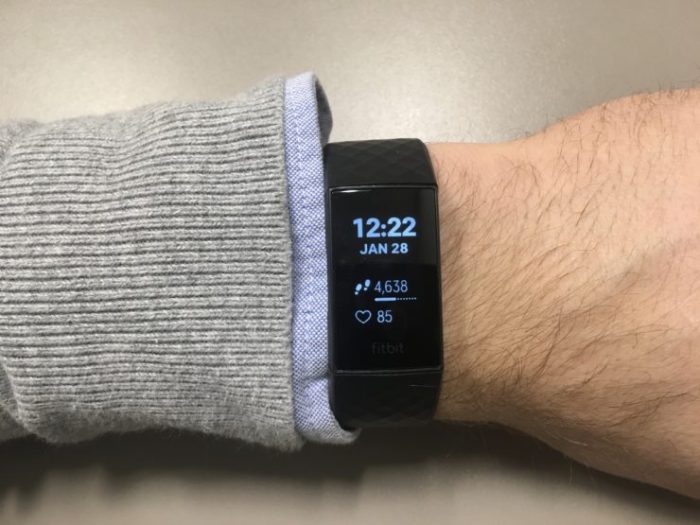Feedback: A Simple Tool to Create Change

I bought a Fitbit recently, and it tells me an awful lot. A few highlights:
- When I check the time, it shows me how many steps I've logged today.
- It monitors my heart rate and encourages me to keep going when I'm on a brisk walk or a run.
- If I've been sitting too long, it reminds me to get up and walk around.
- And my favorite feature: each morning, it issues me a "sleep score"---a single number that sums up how I slept last night.
Based on all this feedback, I'm moving more and eating less. I'm slimming down, and my resting heart rate is decreasing. I sleep better and longer. In other words, owning a Fitbit appears to be improving my health choices and behaviors.
How?
One word: feedback.
The Fitbit hasn't taught me anything new about human physiology. Everyone knows that sleep is important and that aerobic activity is good for your heart. Sitting is bad, walking is good, etc. I knew all this stuff. You know all this stuff.
But before I had a Fitbit, I had no easy way to measure how I was doing in all these areas. The Fitbit tells me how I'm doing, whether I want to know or not. It encourages good behaviors and makes bad behaviors harder to ignore. It's a feedback machine, pure and simple.
It's a basic principle: people don't change when they don't know how well they're doing. If you want to create change, either in yourself or your team, start by providing more and better feedback.